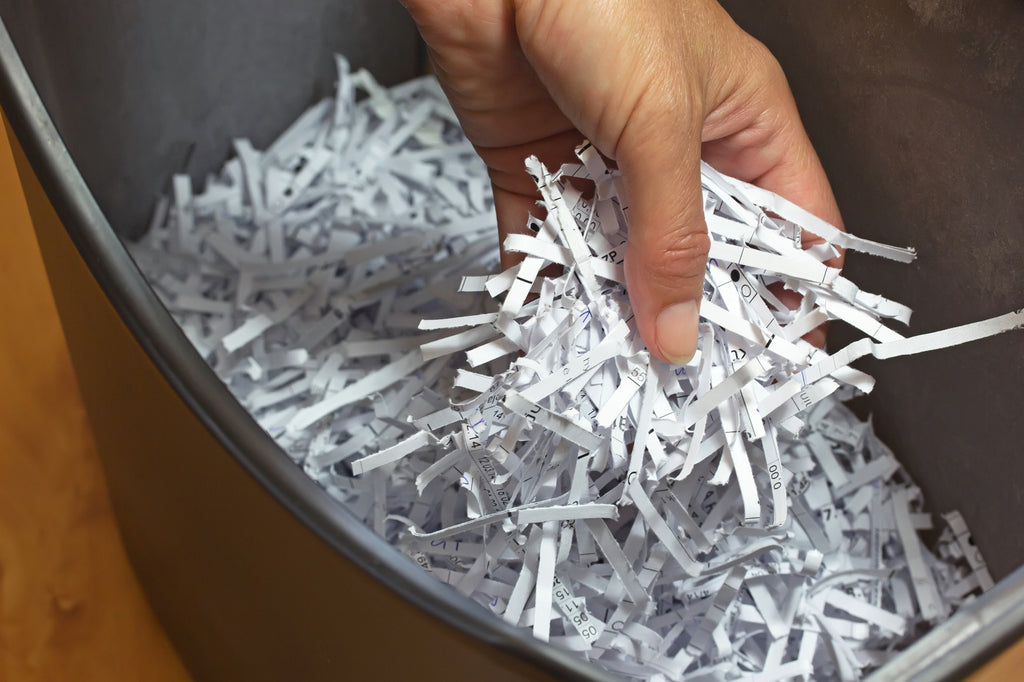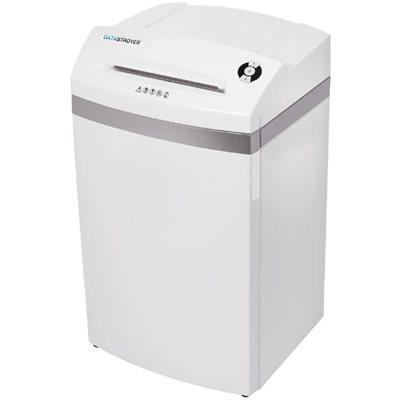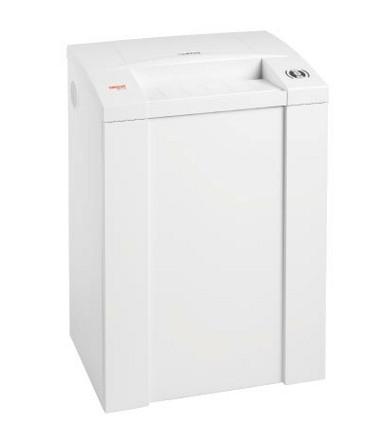Confidential Shredding: Which Tax Documents to Shred?
It's that time of year again - tax season. Our confidential shredding guide is all about which docs you need to shred and when. Read on for the info you need.
Keyword(s): confidential shredding
It's tax time, and you live in an age in which your personal data has never been more at risk.
While you certainly have the internet to thank, you shouldn't make the mistake of assuming that the net is the only culprit here.
It would be naive to think that the "14% of the population" that has fallen victim to security breaches was done in on the web; data theft via paper is not, after all, dead.
Fortunately, there are ways of keeping your data safe (e.g. confidential shredding).
Unfortunately, however, people can't just shred all of their sensitive tax documents.
That said, there does come a time at which looking into confidential shredding as an option becomes appropriate. Read on to find out when you should (and shouldn't) shred certain tax documents.
Birth Certificates & Social Security Cards: Leave the Confidential Shredding Alone
Confidential shredding is great and all, but as you no doubt know, documents such as birth certificates and social security cards contain extremely important information.
As a matter of fact, without a birth certificate, you'll find it hard (if not impossible) to do things such as leave the country, get government benefits, and claim your pension.
For these reasons, you should never send these documents through a shredder. The same goes for any wills or copies of insurance policies you might have lying around.
If, however, you should happen to accidentally shred any of these things, there are ways of getting new copies of them. Wills and insurance policies, for example, are somewhat easy to replace since there are usually extra copies of them on file somewhere.
New copies of birth certificates and social security cards, on the other hand, are a bit harder to replace, so take care not to destroy them.
Shredding Tax Returns
There are admittedly some conflicting pieces of advice about just how long people should keep their tax returns.
Some sources suggest that they should be kept for at least 3 years while others suggest that they should be kept forever.
While the disparity between these answers is not in the least helpful to anyone, it is totally understandable; after all, how frequently you need to refer to your tax returns completely depends on the type of life you lead.
If, for instance, you've given the Internal Revenue Service (IRS) a reason to audit you (e.g. you underreport your income by more than 25%, etc.), you will need to produce the last 6 years' worth of tax returns.
Further still, if you choose not to file taxes at all, the IRS will have no statute of limitations, which means that the agency could audit you some 10 or 15 years in the future.
Perhaps, then, it is best for citizens who have been busted by the IRS to hold on to their tax returns forever.
If you have never evaded taxes or falsified information on a tax form, however, the statute of limitations is only 3 years. Even so, insurance companies and creditors sometimes need access to your tax returns, so you'll probably still want to keep them for longer than the recommended amount of time before shredding them.
What to Do With Your Pay Stubs
Although you can't actually use your pay stubs to file your taxes, there is nothing stopping you from holding on to them in order to compare them to your W-2 form when the time comes.
In fact, saving them for this purpose is probably in your best interest; there could, after all, be discrepancies between your pay stubs and your W-2.
If you happen to find any differences between them, you'll want to be able to explain them to the IRS if someone should come knocking.
If you find that there are no discrepancies, though, feel free to use whatever confidential shredding service you prefer because you definitely won't want your pay stubs (which can have your social security number on them) falling into the wrong hands.
Deductions & Credits
Just as in the case of your tax returns, you'll want to keep documents related to your deductions and credits on file until the statute of limitations is up.
Again, that statute differs from person to person, so make sure that you know where you stand with the IRS before you dispose of any of these documents.
Of course, there are exceptions to almost every rule, and this rule is no different; that is to say, there are other times at which you'll need to keep these documents on hand.
For example, if you have a bad debt (you are owed money that you won't be paid back) and you want to claim a deduction for it, it would be wise to hold on to any relevant documentation. The same is true for worthless securities.
Forbes recommends that you keep your documentation of these deductions and credits for at least 7 years before disposing of them.
Home improvement receipts (which you can also use to claim deductions), however, are a different story. Some sources advise against getting rid of them while others suggest that disposing of them after you have sold your home is perfectly fine.
Are You An Employer?
While most people are not employers, there are a few scattered here and there.
And they all need to know how to properly file their taxes.
Unsurprisingly enough, employers are held accountable for even more documentation than the average person. They qualify, for instance, for special deductions and are responsible for keeping all of their employment tax records for at least 4 years after the tax is paid or becomes due.
There are also many more rules and regulations that employers must abide by; however, the list is long enough for the IRS to have a tax guide specifically for employers, meaning that there are far too many regulations to cover here.
That said, have a look at the list and store your documents accordingly.
Conclusion
Inevitably, figuring out when it's the right time to shred your tax documents is going to be challenging at times.
When and if you do choose to do so, however, just make sure that the confidential shredding service you rely on is dependable.
And if you happen to be someone who shreds your documents yourself, be sure that the shredder you choose is of a high quality; it should ideally be on par with the high security shredders many companies invest in.
In either case, make the documents disappear when the time comes. Your information is too precious to end up in some con artist's hands.



